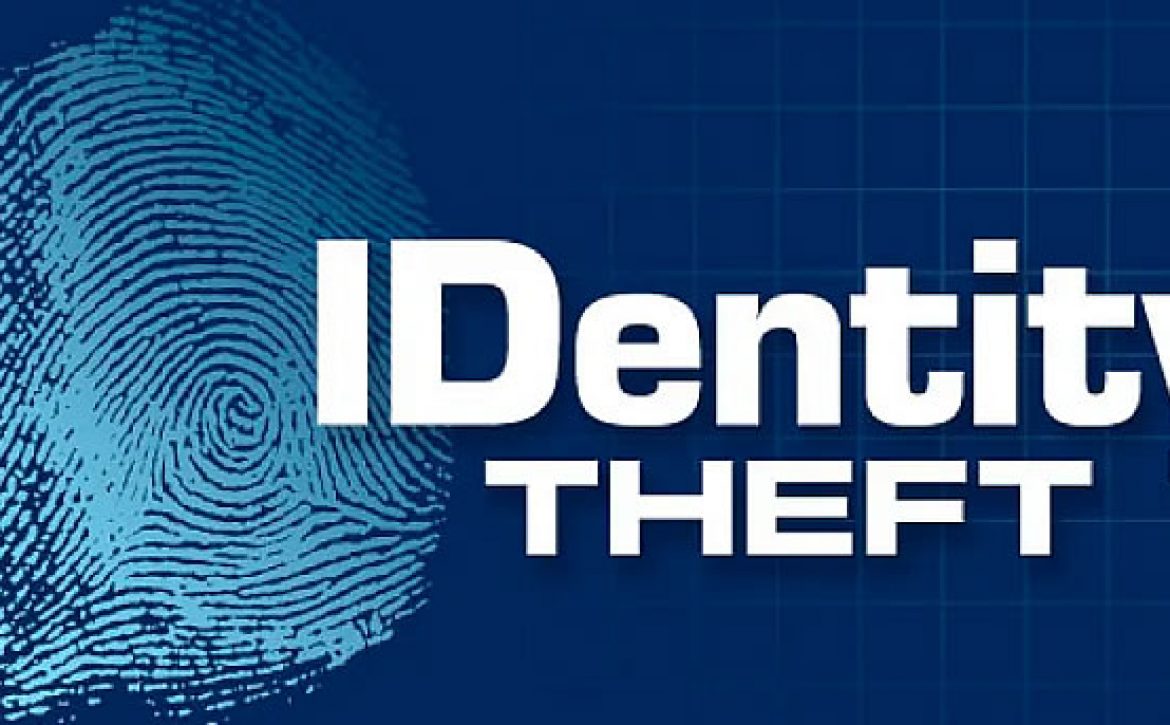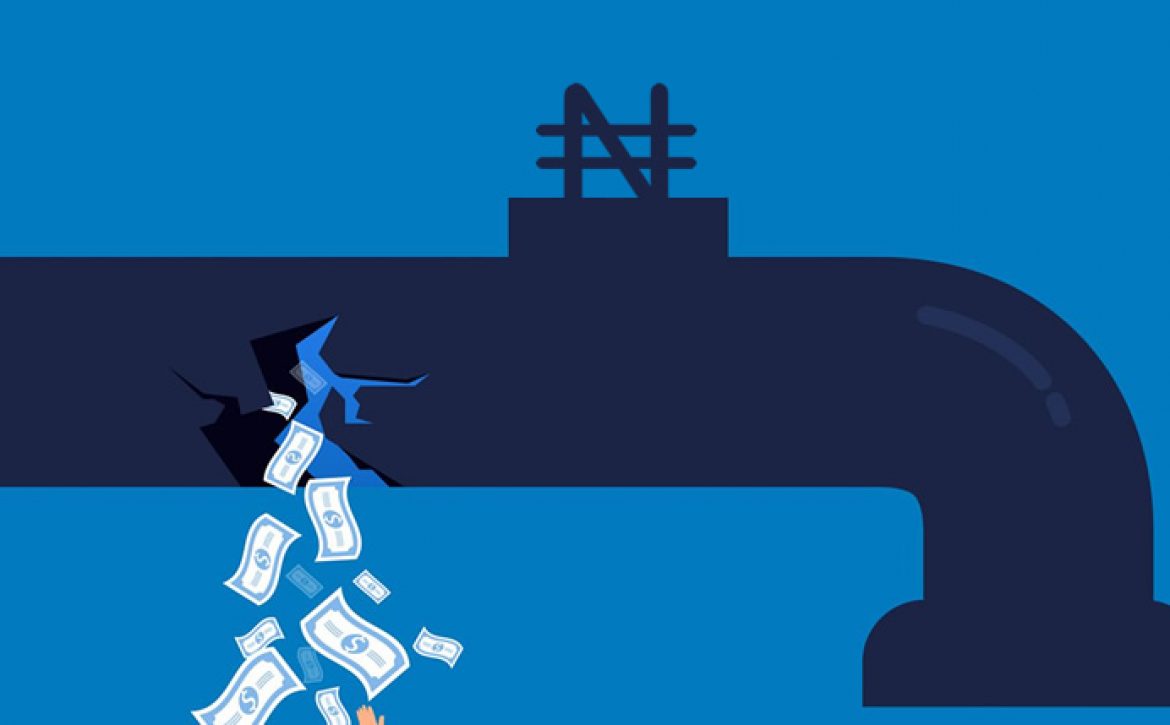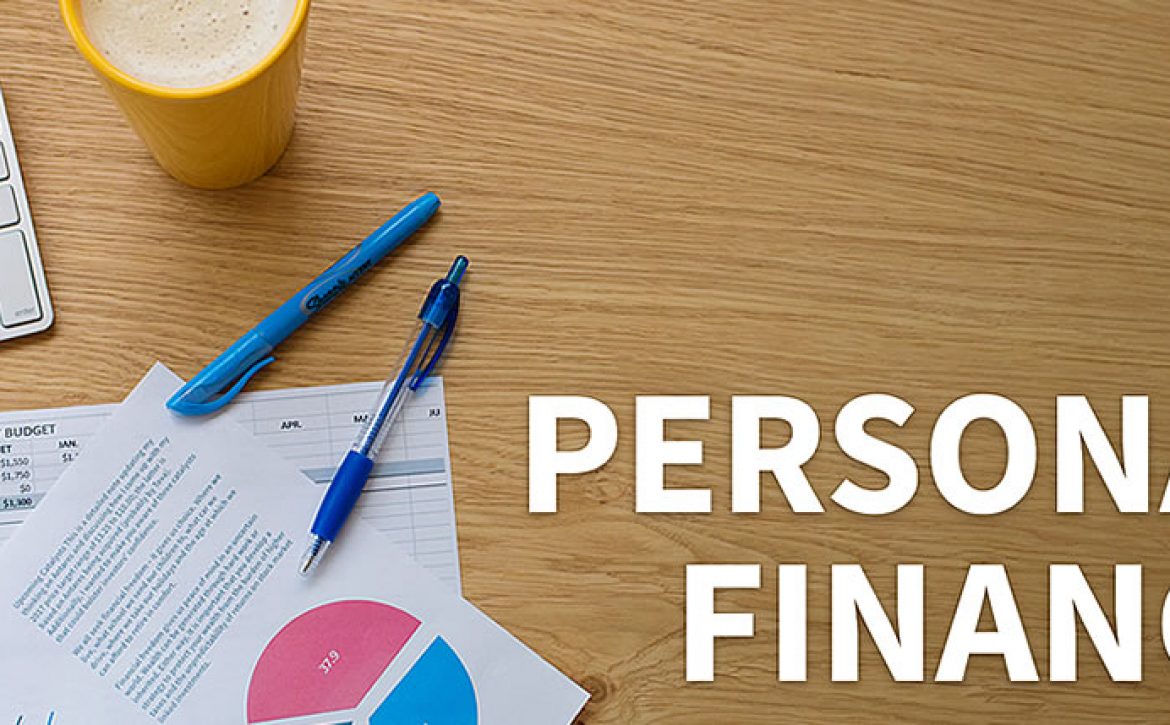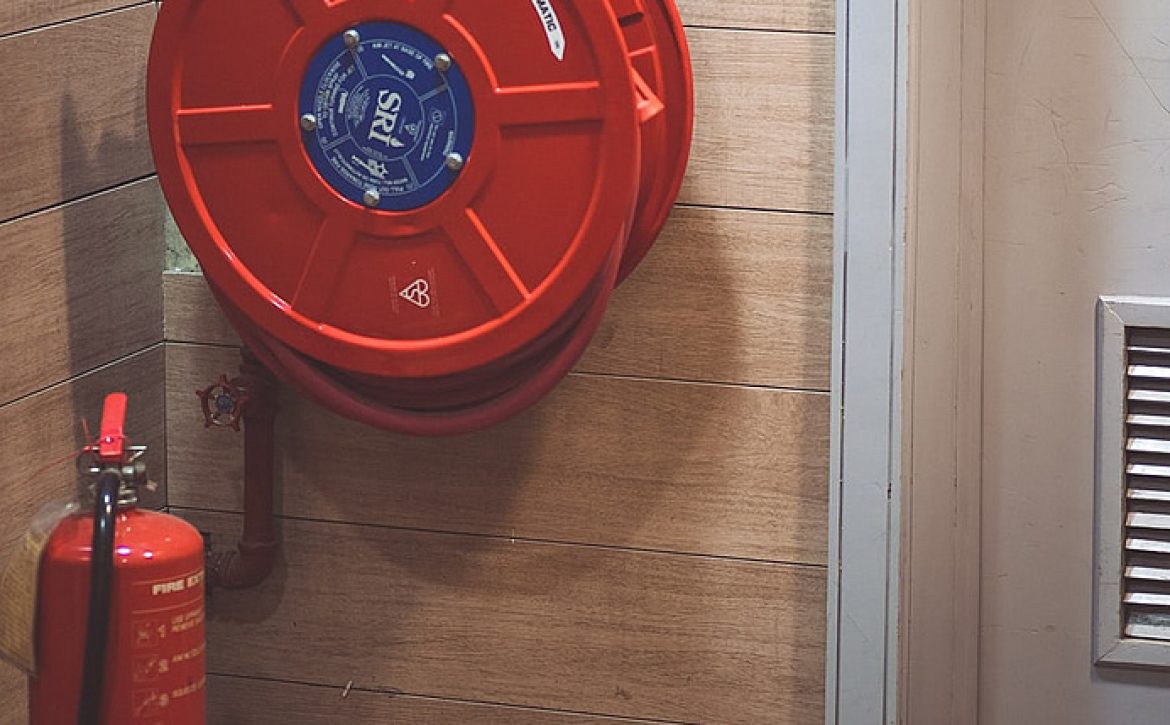Surviving High Inflation And Low Yields
As you seek avenues for capital appreciation, please ignore instruments that promise unrealistic returns.
These are truly perilous times. We are bombarded with a rare combination of high inflation, low interest/ investment yield, currency devaluation and stagnating personal incomes. In Nigeria, inflation has reached exceeded 13%, heights we have not seen in years. Meanwhile yields on money market instruments are at a record low. The popular Federal Government Treasury Bills (TBs) that used to be the darling fallback position of investors is delivering a mere average of two percent per annum. This means that cash invested in TBs would buy 11 percent less goods next year than what the same amount would buy this year because, whilst the fund may have grown in nominal value, its real value has been eroded by inflation. In addition to these things, the increases in petrol prices accompanied by increases in electricity tariffs have dealt a double whammy on our purses. But survive we must. We should even do more than survive, we must thrive. We need to protect the nominal value of our investments as we strive to find ways to increase their real value.
We should consider strategies for capital preservation before looking at opportunities for capital appreciation. We must defend the nominal value of our investments through careful portfolio management. Our first strategy would be a flight-to-safety. Investments in well known, proven assets managed by well known, proven managers. Stay with the familiar, those with good, verifiable track records. This is not the time to experiment. With the record low interest yields coupled with the currency devaluation, many are being lured with new investment options. We must be even more careful than before, exercising the utmost due diligence and caution. If in doubt, do not deal. Even the familiar, proven investments must be reviewed more frequently than before.
The lockdown has had severe negative effects on many businesses; therefore, the companies who were faithfully delivering good returns may not be able to continue. If we cannot relax with familiar investments, how then can we trust new ones? We must monitor the economic sectors we have invested in, to confirm their continued viability. If we choose to invest in new assets, we should not rely on investment advisors alone, because many of them earn a commission if you invest in the assets the recommend, therefore their advice may be self-serving at times.
If we have the luxury of time, a second capital preservation strategy would be long-term investing. Investment yields always even out in the long term; the graph of highs and dips usually result in a healthy average, but only over a considerable period of time. So, investing long term in good equities would enable you ride the highs and lows and achieve not only capital preservation but also capital appreciation from reasonable investment yields.
The common strategy for protecting investment portfolios against erosion by inflation is to invest in inflation-indexed bonds. These are money market instruments that guarantee yields above the inflation rate. The fund managers of such instruments invest the pooled funds in equities, commercial papers (CPs), and derivatives.
Whilst some company equities may not deliver good returns in the current economic environment, CPs and derivatives can still manage to deliver above 13%, the only concern would be the availability of enough of such assets in the market. With the Central Bank of Nigeria generously supporting the market with single-digit loans, fund managers may not be able to find enough assets that can deliver yields above 13 percent per annum.
Capital appreciation requires a more careful assessment of both the asset and the asset manager especially at this time. Even you choose to invest in new asset classes; the assets should be new to you the investor, not new to the investment market. This means each asset and each asset manager must have a verifiable track record that you can review and conduct your due diligence on, before arriving at the decision to invest.
In this column, we have spoken several times on crowd funding instruments. Readers have reached out to me privately for recommendations, but I prefer that people do their own due diligence and be personally convinced before spending their money. Agriculture is a profitable venture because human beings would always eat. Sadly, some investors attempt to invest directly into farming without sufficient prior knowledge and so lose money. Investing in agriculture through a crowd funding platform may be the way to go at this time.
As you seek avenues for capital appreciation, please ignore instruments that promise unrealistic returns. Let us avoid the risk of losing money so that we can at least achieve capital preservation.
Happy investing.











